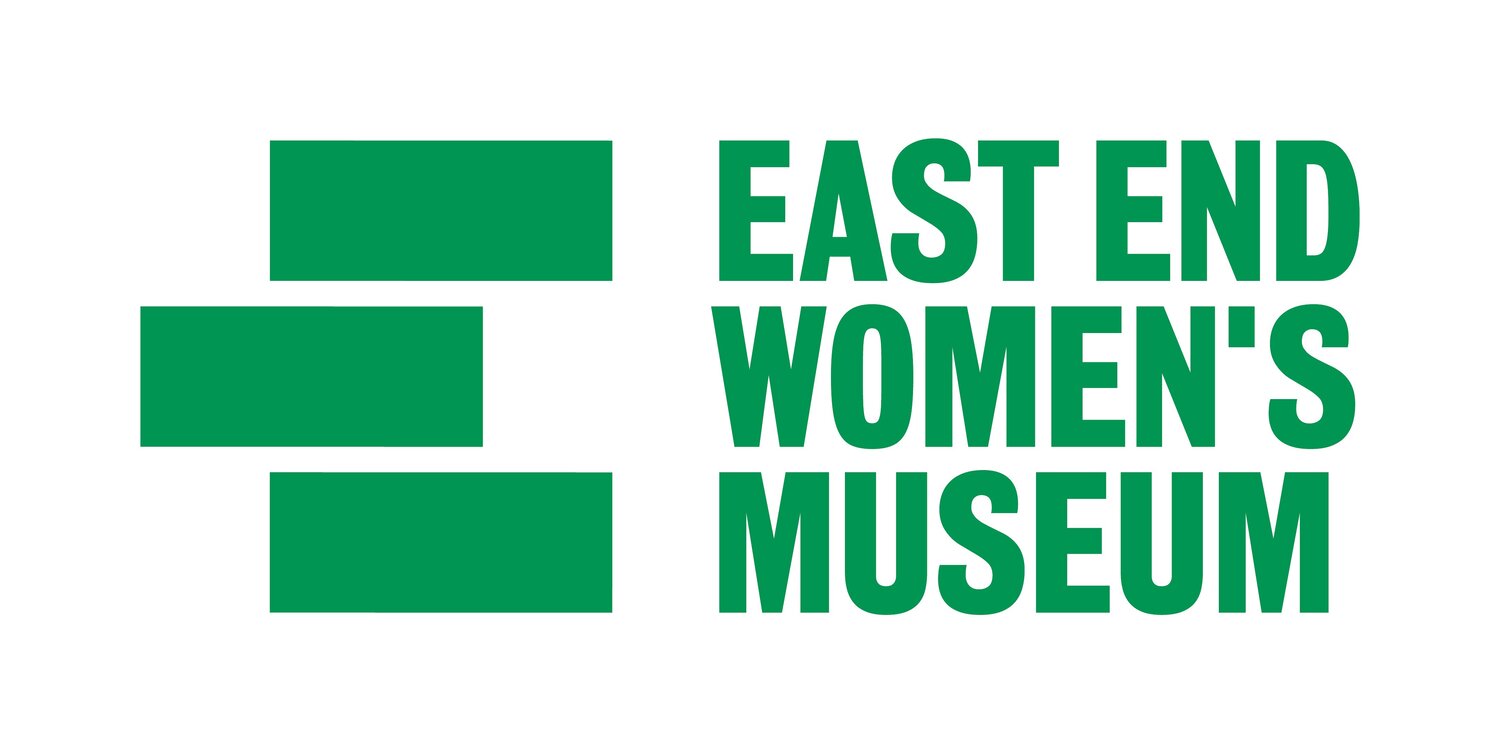Zara on Stage. (Instagram)
Zara McFarlane is a jazz musician and songwriter who grew up in Dagenham. Growing up music took the form of reggae at home, worship at church, competitions and performances at school. McFarlane started writing songs at around age eleven, but it was a school’s career advisor who suggested the BRIT School of Performing Arts. From BRIT School to studying for a degree in music, McFarlane was always writing songs in some way. It took hard work and time but McFarlane signed with Brownswood Recordings and has released four albums to date. She was awarded a MOBO Award for Best Jazz Act in 2014 and has travelled the world to perform. Last year, she took part in the crowd-less London Jazz Festival and she looks forward to being able to travel and perform more regularly in 2022.
With family living in different parts of London, the Midlands and in Jamaica, McFarlane travelled as a child. She said this differed from her peers who ‘didn’t really go anywhere else’ outside Dagenham and for whom going into the city (London) was a rare and special outing. Looking back on that childhood, she recognises the perspective she had and how it differed from the White British working-class experiences of many of her school friends. McFarlane also hinted at an underlying racism in the community. As an adult, McFarlane is proud to have achieved all that she has, when she thinks back on how her background could have inhibited her success.
As part of a council project with Create London, McFarlane was honoured with a Becontree Plaque at Sydney Russell School for her contribution to the Arts. This gave her the occasion to engage with history. Women’s history was not something McFarlane knew a lot about. It was not a topic taught in school. Her family did not discuss it. She knew about the Suffragettes from television. The story of the Dagenham Ford Strike was something McFarlane learned about in recent years. She’s excited and hopeful about what the East End Women’s Museum can do for girls and women – representing them, pioneering a new way to explore the gendered history of East London and giving their stories a home. McFarlane believes it's also important for men to hear women's stories being told from a women’s point of view.
Zara standing underneath her plaque at the Sydney Russell School .
Self-expression and self-confidence are important to McFarlane. She encourages adults to free themselves and be heard in the Vocal Flow, vocal training, workshops she runs. Working particularly with women, this use of singing for empowerment is similar to the mission of the museum to inspire women to see the importance of their voice and telling their own story.
The East End Women’s Museum would like to thank McFarlane for sharing her story with us and it will now sit alongside the testaments of East End Women past and present, here on our blog.
About the Author
Bethan O’Reilly is a writer who volunteers and works in London’s heritage sector.


